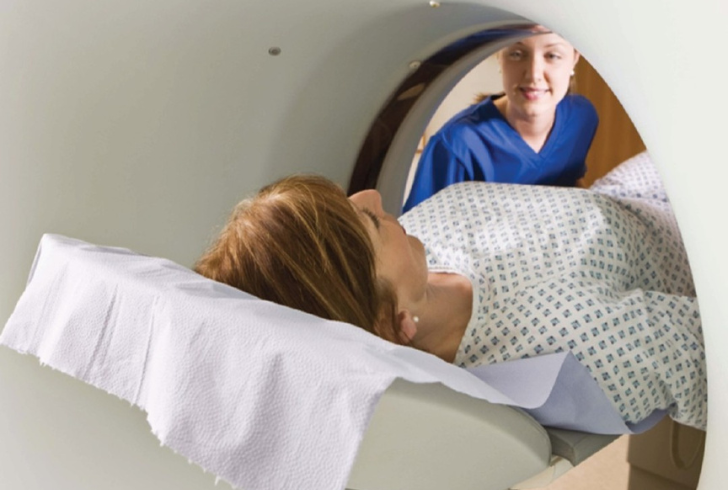Colorectal cancer ranks among the leading causes of cancer-related deaths in the U.S. The term “colorectal” refers to both colon and rectal cancers, two distinct but related conditions. Colon cancer originates in the large intestine, while rectal cancer begins in the rectum.
Together, these cancers have a significant impact on health, with an estimated 150,000 new cases diagnosed each year. et, many cases can be prevented or caught early with regular screenings and simple lifestyle changes. Here’s how to take steps toward reducing the risk of colon and rectal cancer.
Risk Factors for Colon and Rectal Cancer
Both lifestyle and genetics contribute to the risk of developing colorectal cancer. While there are uncontrollable factors like age and family history, much can be done to reduce the impact of lifestyle-related risks.
Lifestyle Factors

Diet – Eating loads of red and processed meats has been closely associated with a greater likelihood of developing colorectal cancer. In contrast, eating plenty of fruits, vegetables, and whole grains supplies vital nutrients and fiber that may contribute to lowering that risk.
Obesity – Maintaining a healthy weight through consistent physical activity can help reduce the risk of colorectal cancer and support overall wellness.
Smoking and Alcohol – Tobacco use and heavy alcohol consumption significantly raise the risk of colorectal cancer. Cutting back or quitting these behaviors can greatly improve long-term health outcomes.
Physical Activity – Staying active on a regular basis plays a key role in cancer prevention. Aiming for at least 30 minutes of moderate exercise on most days can make a meaningful difference in reducing cancer risk.
Genetic and Medical Factors
While lifestyle changes can reduce risk, genetic factors also play a crucial role. Some inherited conditions, such as Lynch syndrome and familial adenomatous polyposis, significantly increase the likelihood of developing colorectal cancer.
Inflammatory bowel diseases (IBD), such as Crohn’s disease and ulcerative colitis, also elevate the risk. People with a family history of colorectal cancer or polyps should discuss early screening with their doctor.
The Importance of Screening
Routine screening is one of the most powerful tools for lowering the risk of colorectal cancer. Catching the disease in its early stages greatly increases the chances of successful treatment and better outcomes. According to the U.S. Preventive Services Task Force (USPSTF), adults aged 45 to 75 are encouraged to undergo regular screenings for colorectal cancer.
For individuals between 76 and 85, the decision to screen should be made based on their overall health and in consultation with a medical professional. After the age of 85, screenings are typically not advised.

Types of Screening Tests
CT Colonography (Virtual Colonoscopy)
This non-invasive test uses a CT scan to examine the colon. It’s an option for those who may not be able to undergo a traditional colonoscopy.
Stool-based Tests
These include the fecal immunochemical test (FIT) and the stool DNA test, which can detect blood or abnormal DNA in the stool. These tests are typically done every one to three years.
Each method has its advantages and limitations. Colonoscopy, while more invasive, allows for the removal of polyps during the procedure, which can prevent cancer. Other tests, like stool tests, are non-invasive but may require follow-up colonoscopy if abnormalities are found.
When Should Screening Begin?
For most people, screening should begin at age 45. However, those with higher risk factors—such as a family history of colorectal cancer, inflammatory bowel disease, or inherited genetic conditions—should start earlier. Depending on their doctor’s recommendations, people in these groups may need to undergo more frequent screenings.
How to Lower Your Risk of Colon and Rectal Cancer

While you can’t control everything, there are several lifestyle changes that can significantly reduce your risk of colorectal cancer.
1. Eat a Balanced Diet – Focus on a diet high in fiber, fruits, vegetables, and whole grains. Limit the intake of red and processed meats.
2. Stay Active – Exercise regularly to maintain a healthy weight and reduce cancer risk.
3. Avoid Smoking – Quitting smoking reduces the risk of many cancers, including colorectal cancer.
4. Limit Alcohol – If you drink alcohol, do so in moderation. The American Cancer Society recommends no more than one drink per day for women and two for men.
5. Get Screened Regularly – Regular screenings are the best way to catch colorectal cancer early. Talk to your healthcare provider about the right screening plan for you.
The key to lowering your risk of colorectal cancer is to adopt healthier habits and follow through with regular screenings. By making simple adjustments to your lifestyle, such as improving your diet and getting active, you can significantly reduce your chances of developing this cancer.
Early detection through screening is critical, so don’t wait—schedule your next appointment today.
